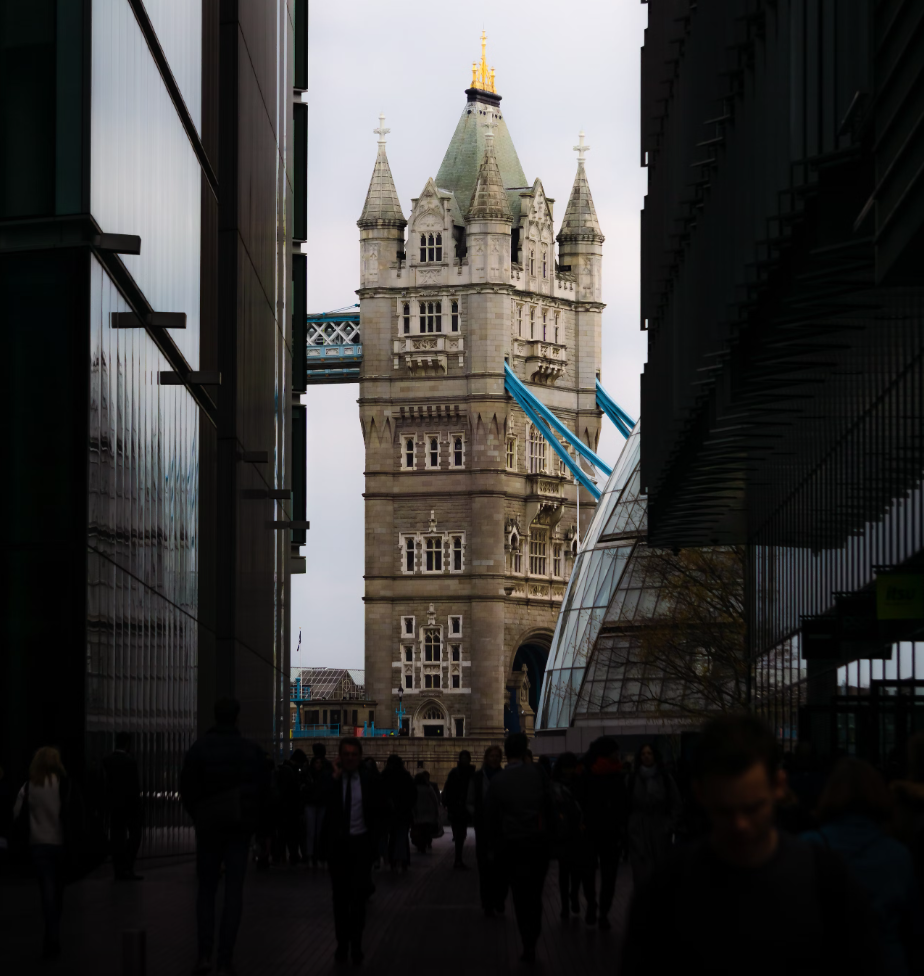The UK government has announced a substantial increase in visa fees across a range of immigration and nationality routes, including the immigration health surcharge. The Prime Minister, Rishi Sunak, has framed this increase as necessary to fund a 6% rise in doctor’s wages.
Following a recommended pay rise for public sector workers of between 6% and 6.5% by independent public sector pay review bodies, the government has decided to accept these suggestions – despite previously warning that they would make inflation worse. Nevertheless, with strikes blighting his premiership since he became Britain’s third prime minister in 2022 last year, Sunak was under pressure to allow some concessions towards public sector workers.
With the next general election likely coming in just over a year, the Conservative Party are currently between a rock and a hard place when it comes to wanting to reduce record migration figures and improving a stagnating economy. This particular decision to increase immigration fees is likely an attempt to look tougher on immigration, but may risk detracting immigrants who make an invaluable contribution to the UK economy.
But what immigration fees will be affected? Keep reading to find out.

Immigration health surcharge to increase by 66%
Perhaps the headline increase is that of the immigration health surcharge. While the current fee for the immigration health surcharge is £624 per year, this is set to increase to £1,035 per year, a 66% increase.
Meanwhile, the discounted rate for students, under 18s and youth mobility visa holders will be increased from £470 to £776 per year. For someone on the 10 year settlement route, this totals £10,350 in health surcharge fees alone.
Part of the government’s justification for the rise is that it has been frozen for the past three years, “despite high inflation and wider pressures facing the economy and the system in general.” While the UK has certainly faced inflationary pressure, especially since 2022, inflation currently stands at 8.7%. Clearly there are political factors behind the increase beyond inflationary pressure.
What other immigration and nationality fees will increase?
In addition to the immigration health surcharge rise, immigration and nationality fees will also see a substantial increase.
Work and visit visas are set to rise by 15%, taking the cheapest skilled worker visa from £625 to £718.75. The cheapest standard visit visa will now be £115 for a maximum of 6 months.
Meanwhile, study visas, certificates of sponsorship, settlement, citizenship, entry clearance and leave to remain and priority visas will rise by “at least 20%” according to the economic secretary, John Glen.
This will mean that the cost of a settlement application will rise to at least £2,885 per person. Those who are in the process of settlement will find their costs have risen substantially, despite the costs being considerably lower when they began the process.
While the majority of immigration and nationality fees will increase, certain administrative charges will be removed. For example, smaller charges such as: biometric enrolment, physical document amendments, transfer of conditions, as well as identical replacements of biometric resident permits which have expired will all see their fees abolished.
The £161 charge for in-country for a transfer of conditions for those with limited leave to remain is largely obsolete given that all new applicants applying in-country will now be issued with a biometric residence permit or a digital status.
Furthermore, the cost of student and priority service applications will be equalised for those outside and inside the UK. It is currently £363 to apply for a student visa from outside the UK, and £490 to extend or switch to a student visa from inside the UK. The changes would mean that while applicants can currently only be charged a maximum of £490, this will be increased to a maximum fee of £600. Combined with measures which have previously been introduced to reduce the number of student dependents, it remains to be seen what impact this will have on overall international student figures.
There has been no announcement regarding when these changes will come in, however we will be sure to update you once further details are released.
Our thoughts
Funding an increase in doctor’s wages through the huge rise in the immigration health surcharge is not one which seems justified, particularly for immigrants who are already living in the UK. For many, these new fees will be unaffordable, particularly as immigrants are among the most affected by the cost-of-living crisis. Families will be among the most impacted given that the increases will also affect under 18s.
As there has currently been no announcement regarding when the fee increases will be introduced, we would advise applicants thinking of apply to contact us as soon as possible. At Lisa’s Law, we specialise in all aspects of immigration, nationality and asylum law, from applications, appeals to judicial review claims.
Contact us today to see how we can help you.
For more articles like this, subscribe to our newsletter today.
Have questions about this article? Get in touch today!
Call us on 020 7928 0276, our phone lines are open and we will be taking calls from 9:30am to 6:00pm.
Email us on info@lisaslaw.co.uk.
Use the Ask Lisa function on our website. Simply enter your details and leave a message, we will get right back to you: https://lisaslaw.co.uk/ask-question/
Or, download our free app! You can launch an enquiry, scan over documents, check progress on your case and much more!



